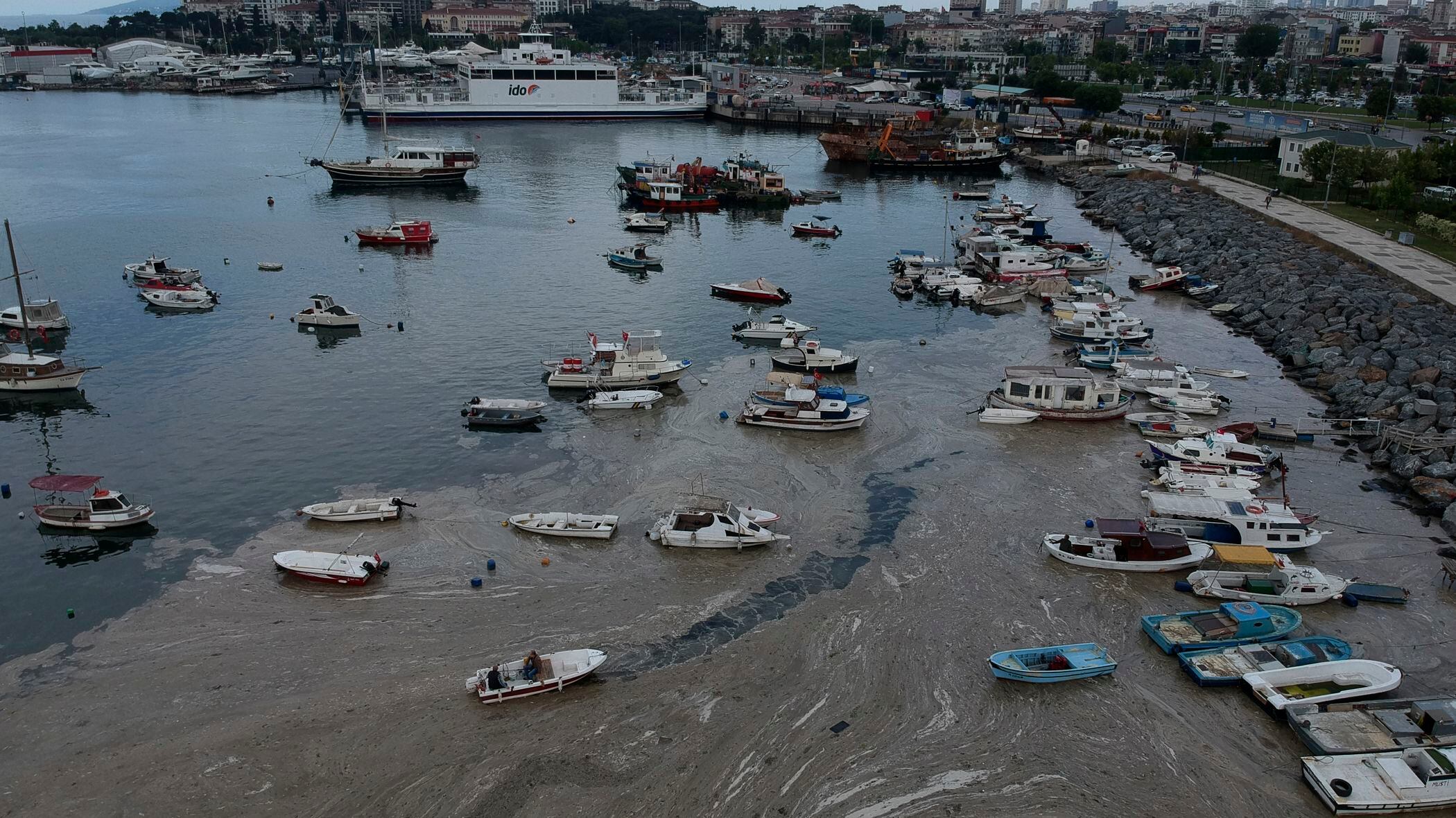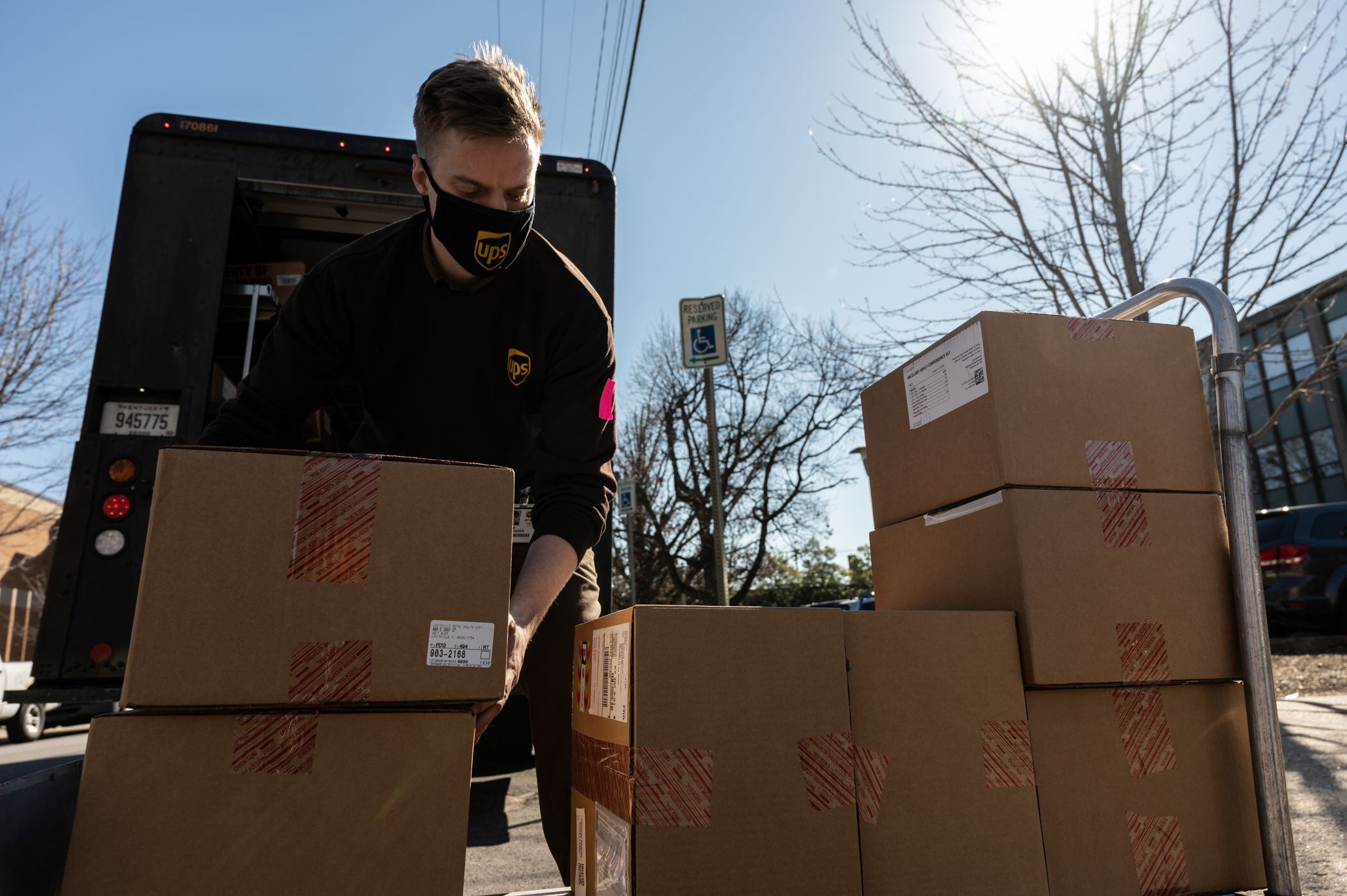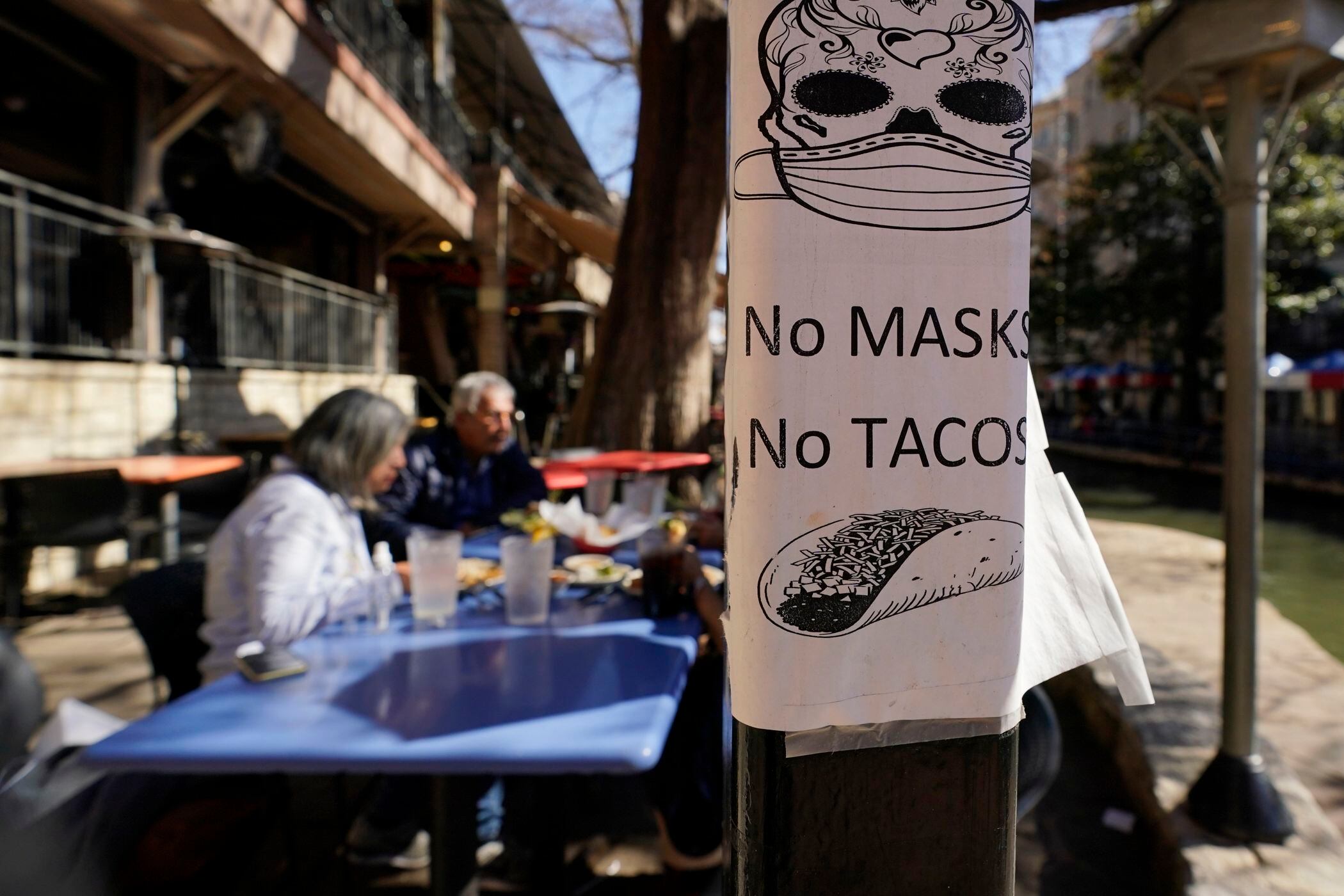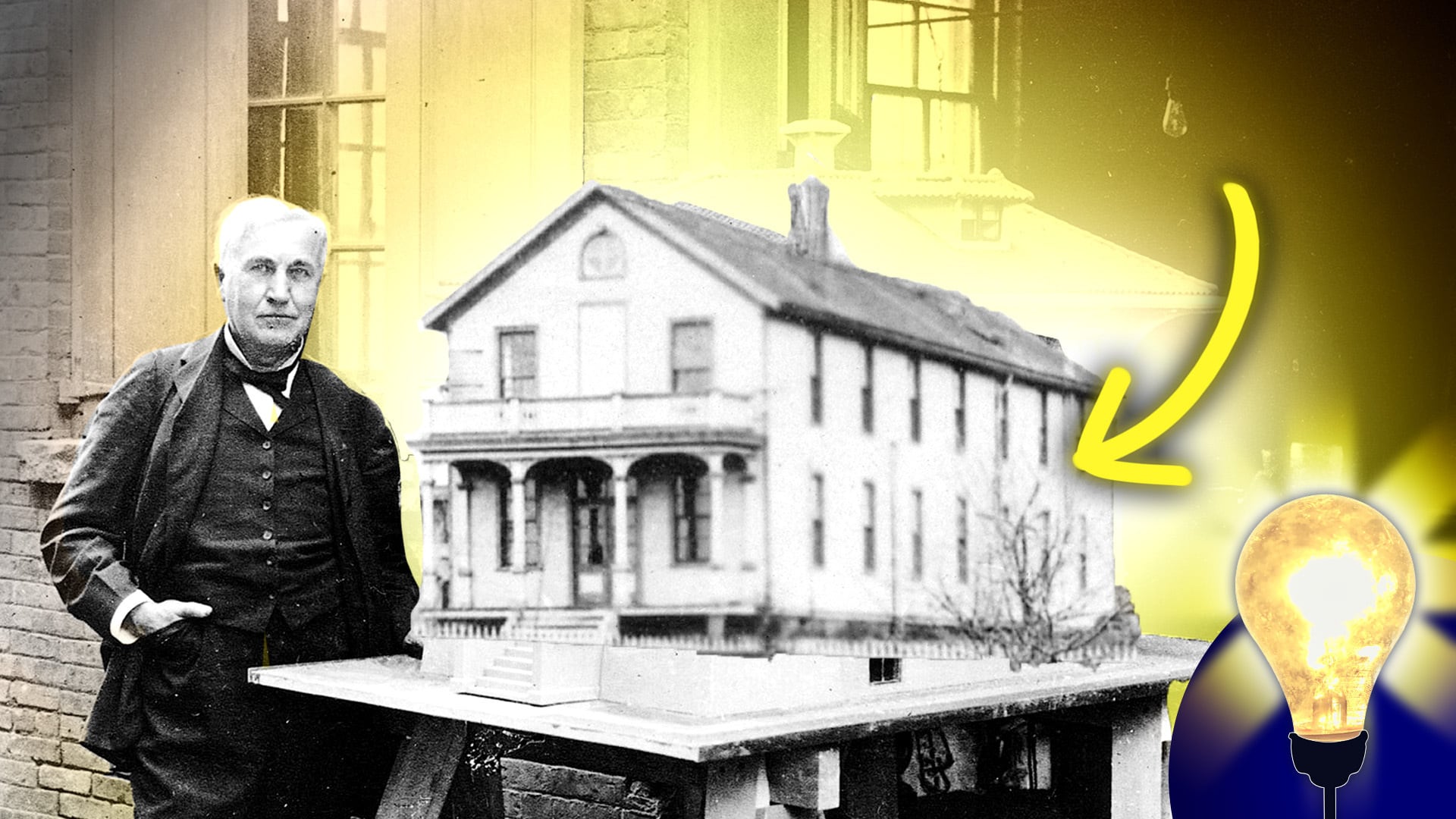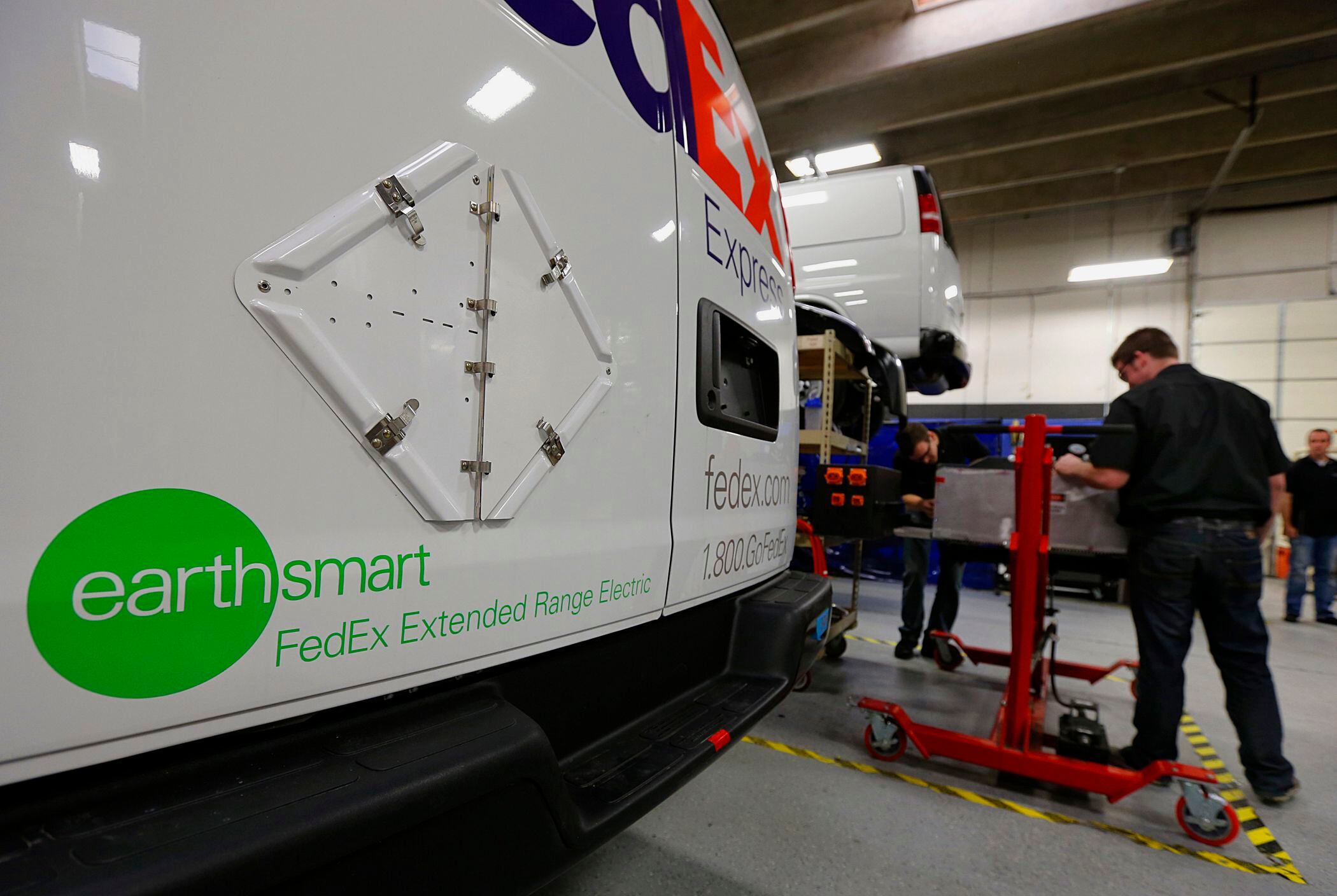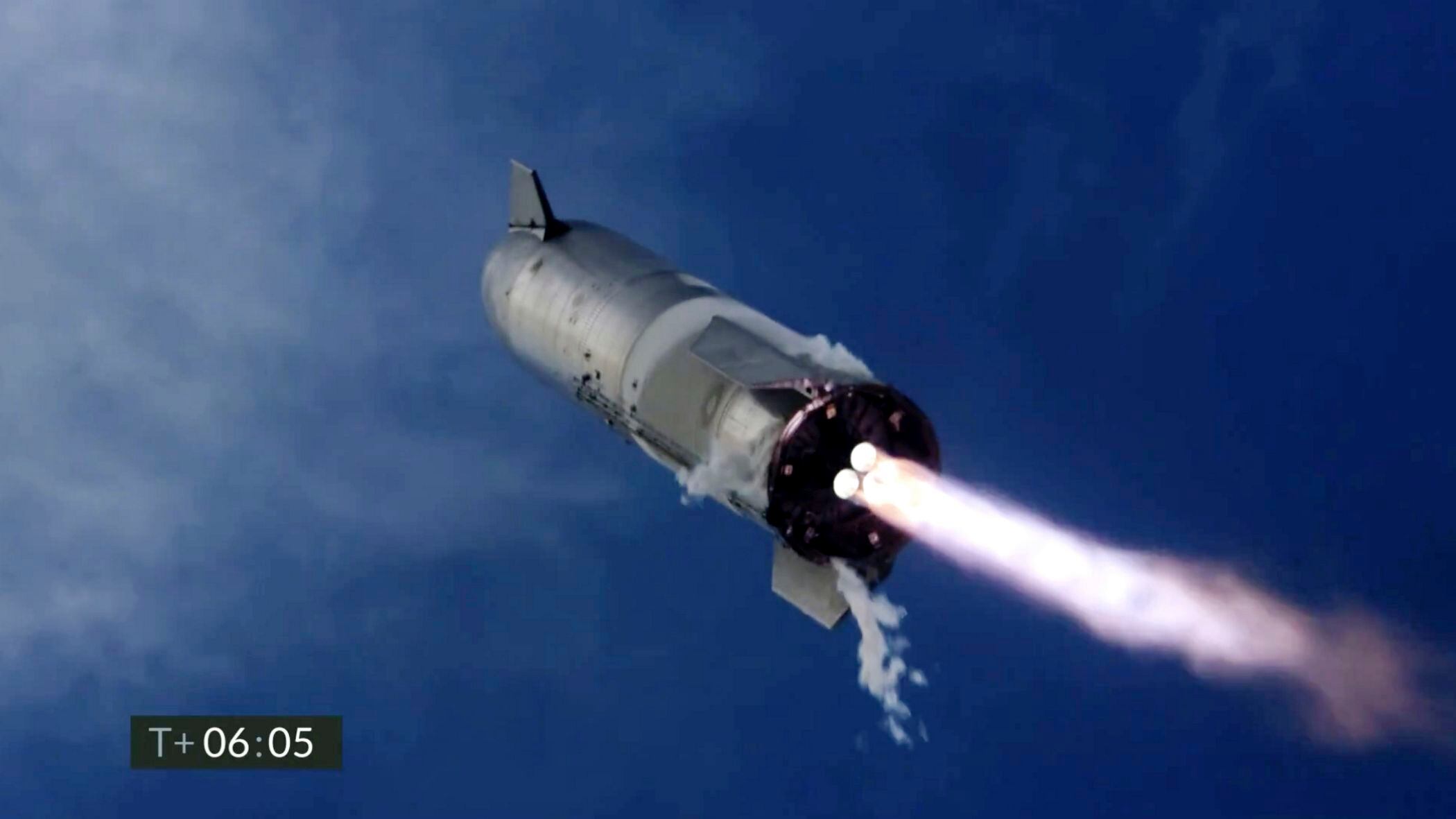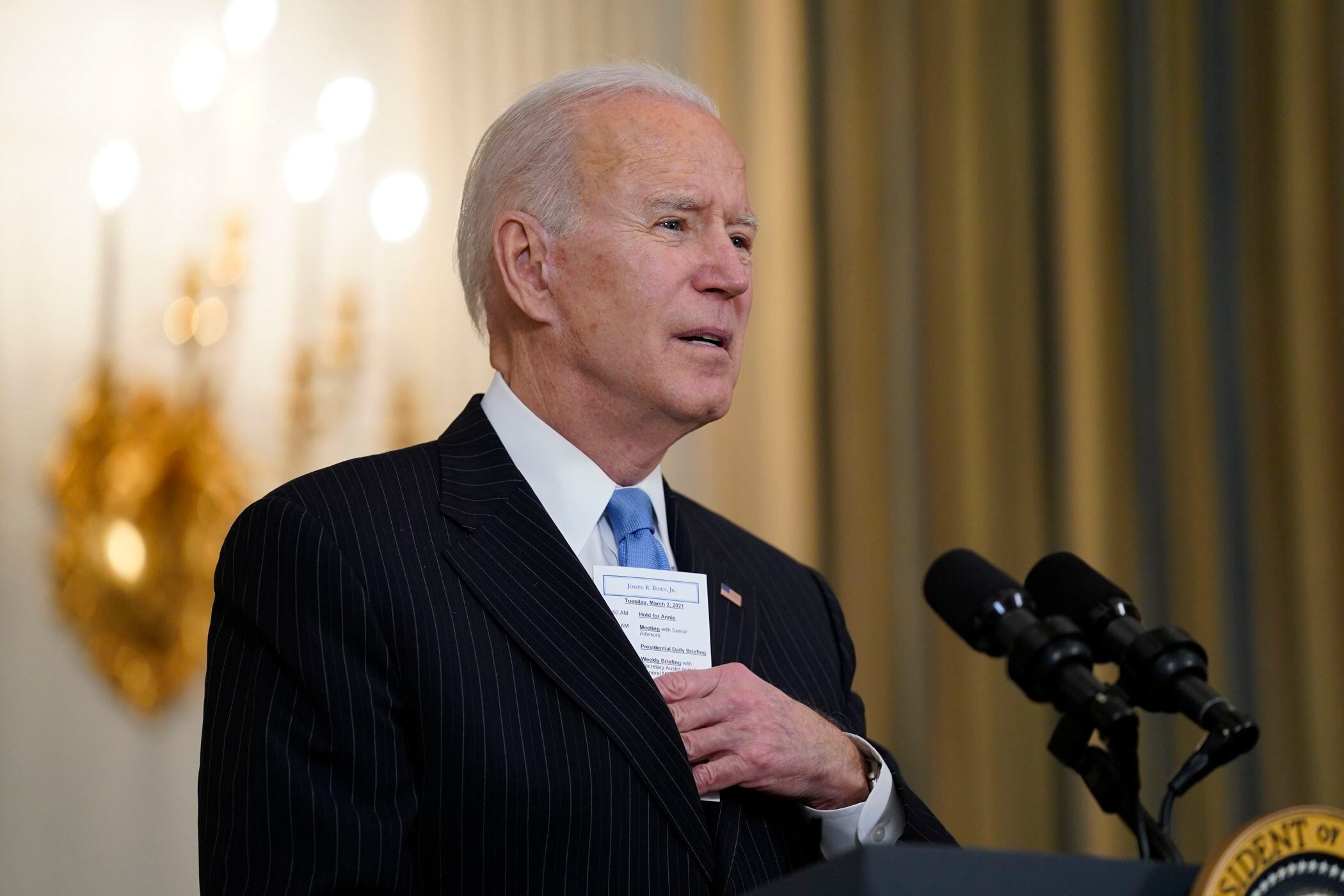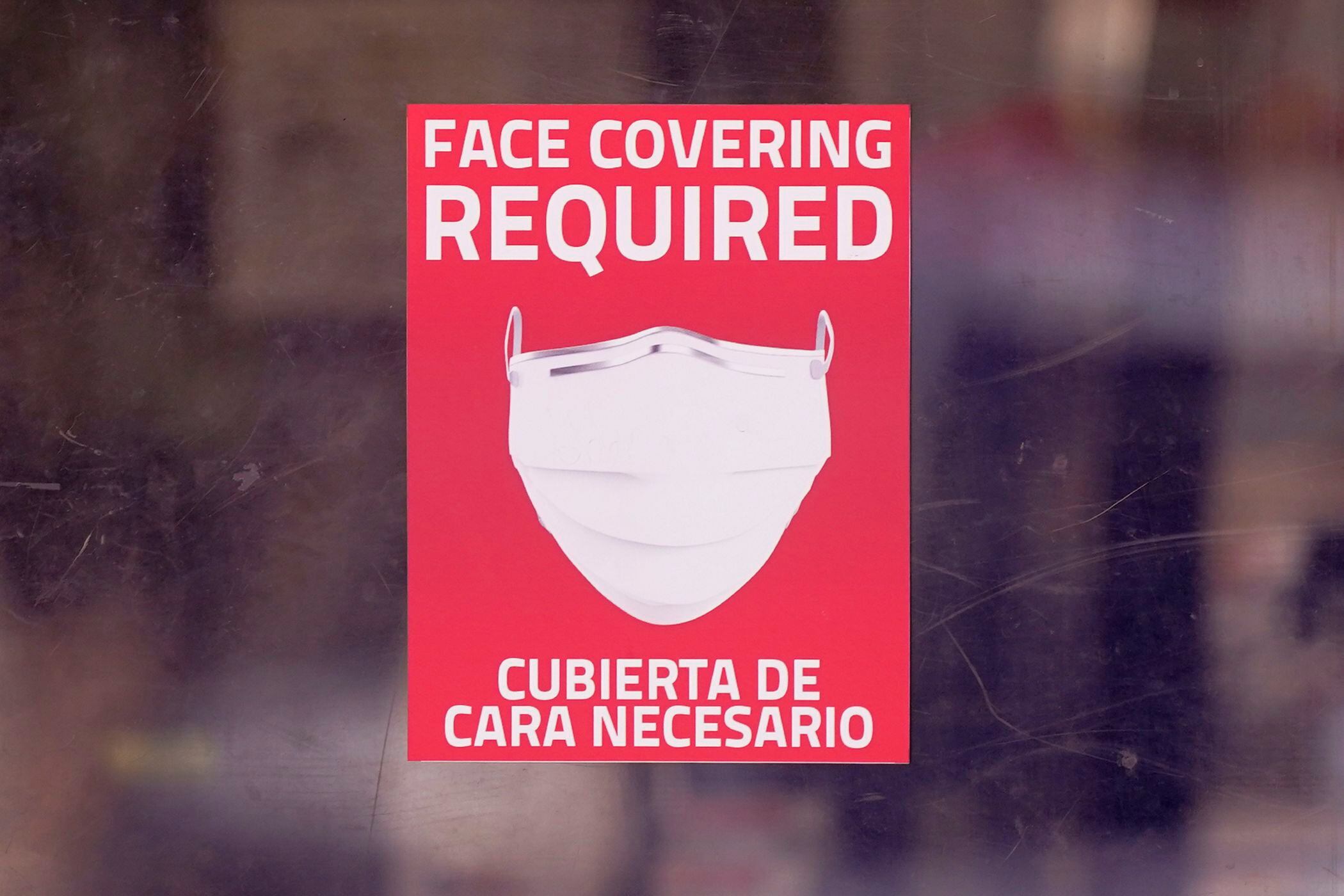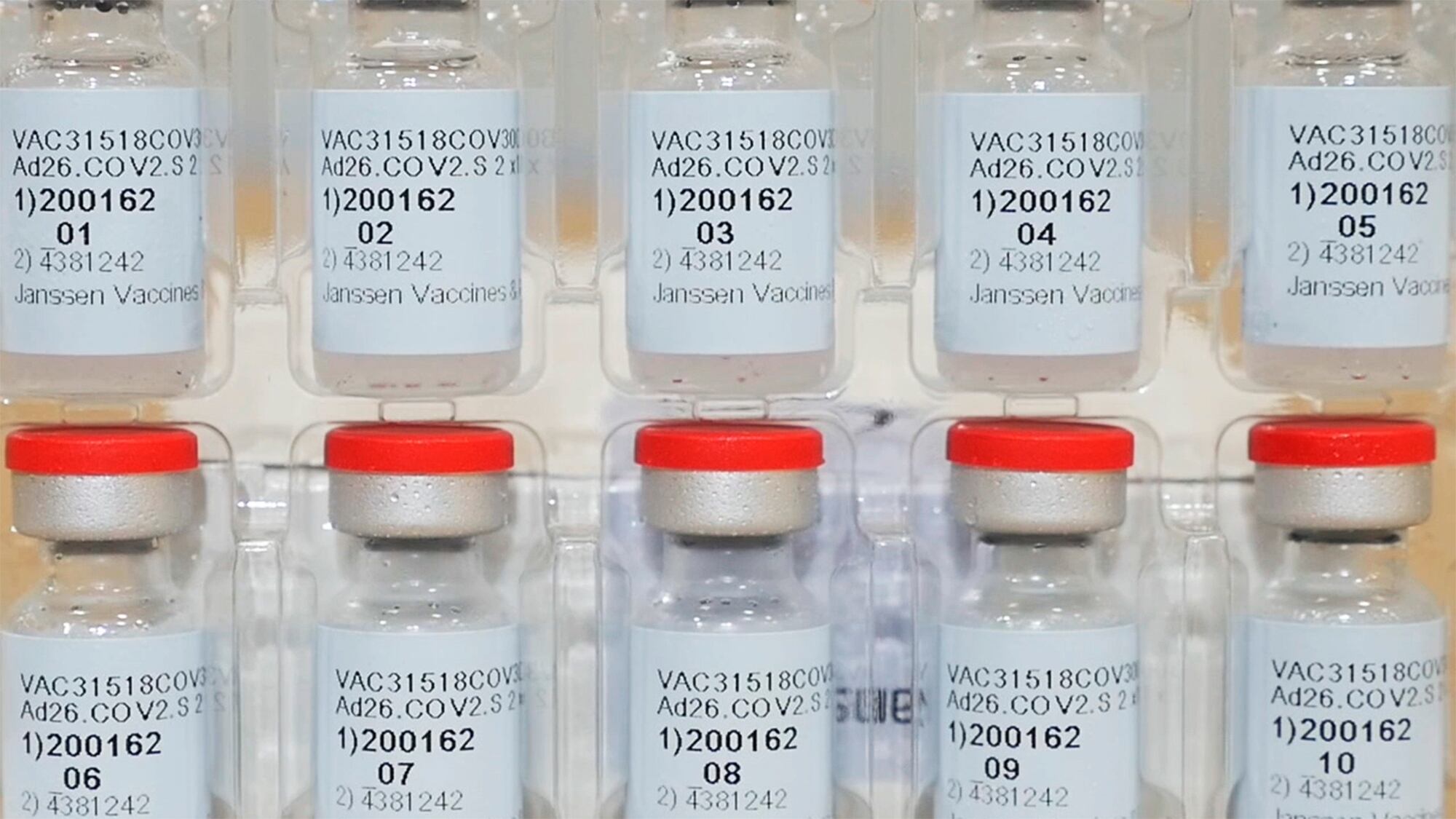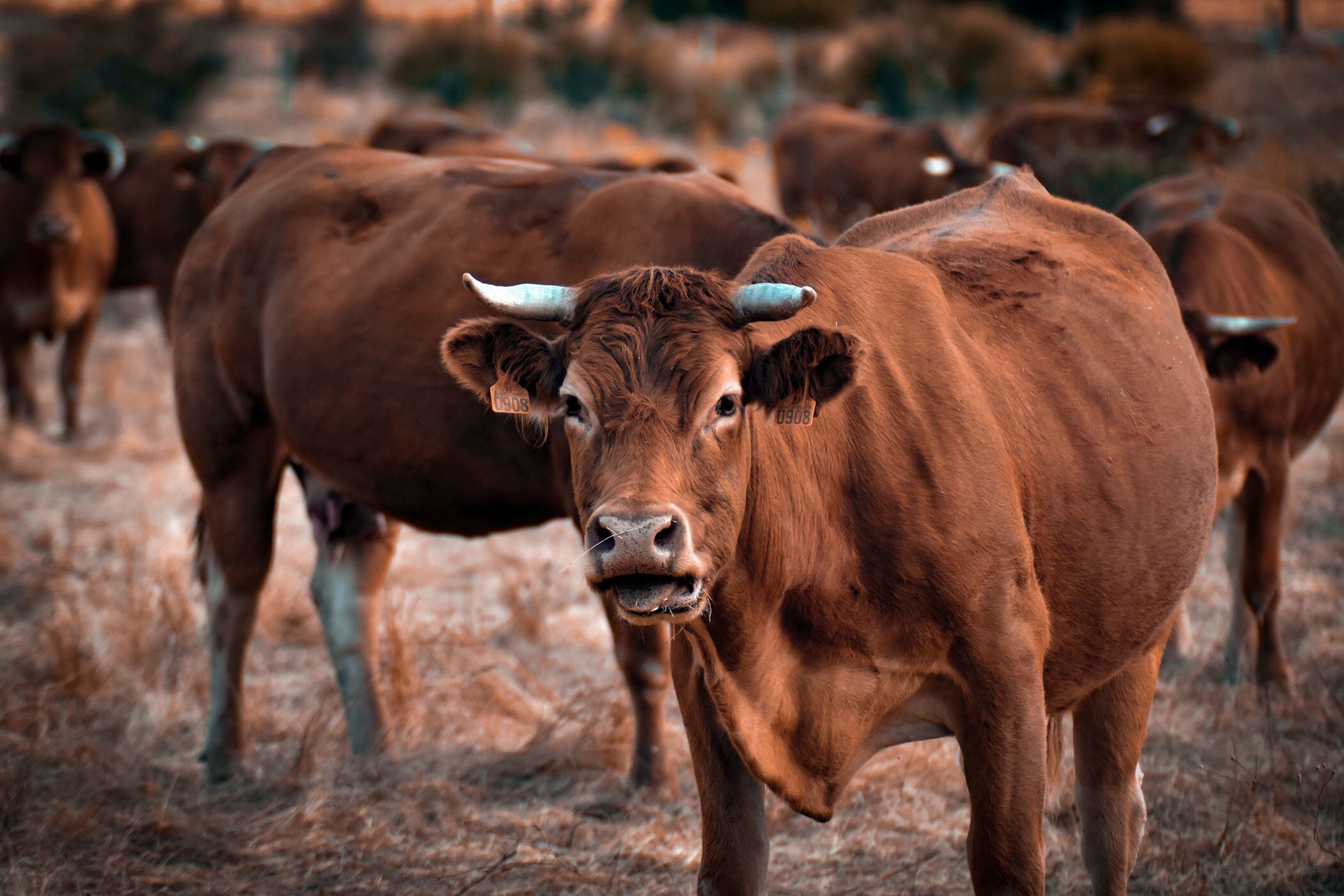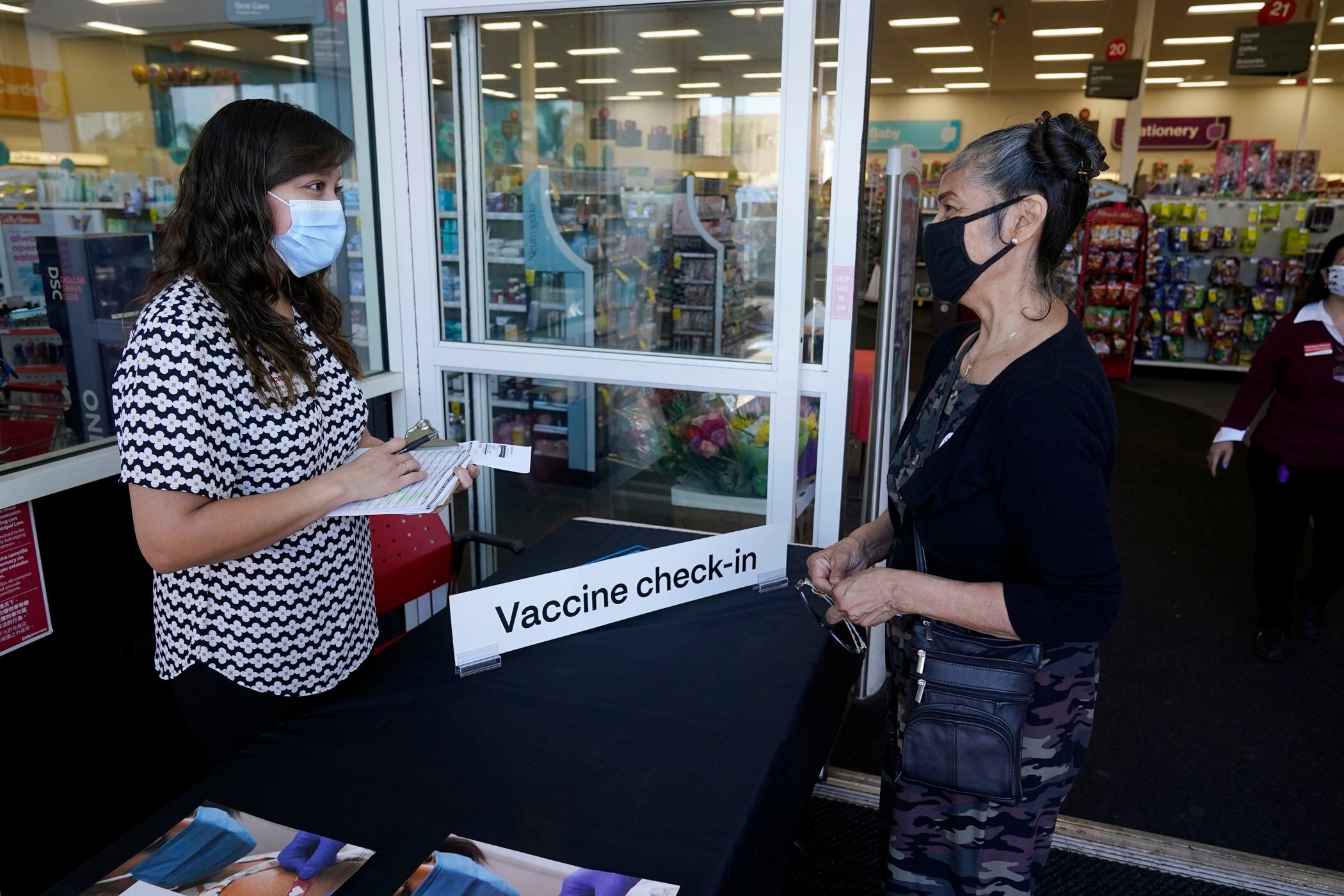Turkey’s president promised Saturday to rescue the Marmara Sea from an outbreak of “sea snot” that is alarming marine biologists and environmentalists.
A huge mass of marine mucilage, a thick, slimy substance made up of compounds released by marine organisms, has bloomed in Turkey's Marmara, as well as in the adjoining Black and Aegean Seas.
Turkish President Recep Tayyip Erdogan said untreated waste dumped into the Marmara Sea and climate change had caused the sea snot bloom. Istanbul, Turkey’s largest city with some 16 million residents, and five other provinces, factories and industrial hubs border the sea.
Marine mucilage has reached unprecedented levels this year in Turkey. It is visible above the water as a slimy gray sheet along the shores of Istanbul and neighboring provinces. Underwater videos showed suffocated coral covered with sea snot.
Erdogan said he instructed the Ministry of Environment and Urbanization to coordinate with relevant institutions, municipalities and universities. Teams are inspecting waste water and solid waste facilities, along with other potential sources of pollution, he said.
“We will save our seas from this mucilage calamity, leading with the Marmara Sea,” Erdogan said. “We must take this step without delay.”
Marine experts say that human waste and industrial pollution is choking Turkey’s seas. They say the rise in water temperatures from climate change is contributing to the problem.
Scott Price, head of international operations for UPS, talked to Cheddar about the delivery giant's capacity for distributing COVID vaccines globally.
The impact of Texas' governor repealing many of the state’s COVID-19 restrictions is beginning to take shape.
Thomas Edison’s most prolific invention is arguably not the lightbulb we all know him for, but the lab in Menlo Park New Jersey that he used to create it.
Mitch Jackson, chief sustainability officer for FedEx, spoke to Cheddar about the delivery giant's $2 billion plan to reach carbon neutrality by 2040.
SpaceX's futuristic Starship has exploded after what looked to be a successful touchdown.
President Joe Biden says the U.S. expects to take delivery of enough coronavirus vaccines for all adult Americans by the end of May, two months earlier than anticipated.
Texas is lifting a COVID-19 mask mandate that was imposed last summer but has only been lightly enforced. Republican Gov. Greg Abbott’s announcement Tuesday makes Texas the largest state to do away with a face covering order.
Drugmaker Merck & Co. will help produce rival Johnson & Johnson’s newly approved coronavirus vaccine in an effort to expand supply more quickly.
The slaughter of nearly 900 cattle that have been stuck on a cargo ship in the Mediterranean for two months has been postponed until Thursday.
Susan Lucas Collins, global head of healthcare services at cloud communications company Twilio, talked to Cheddar about providing tools necessary to help smooth out the somewhat chaotic vaccine rollout in the United States.
